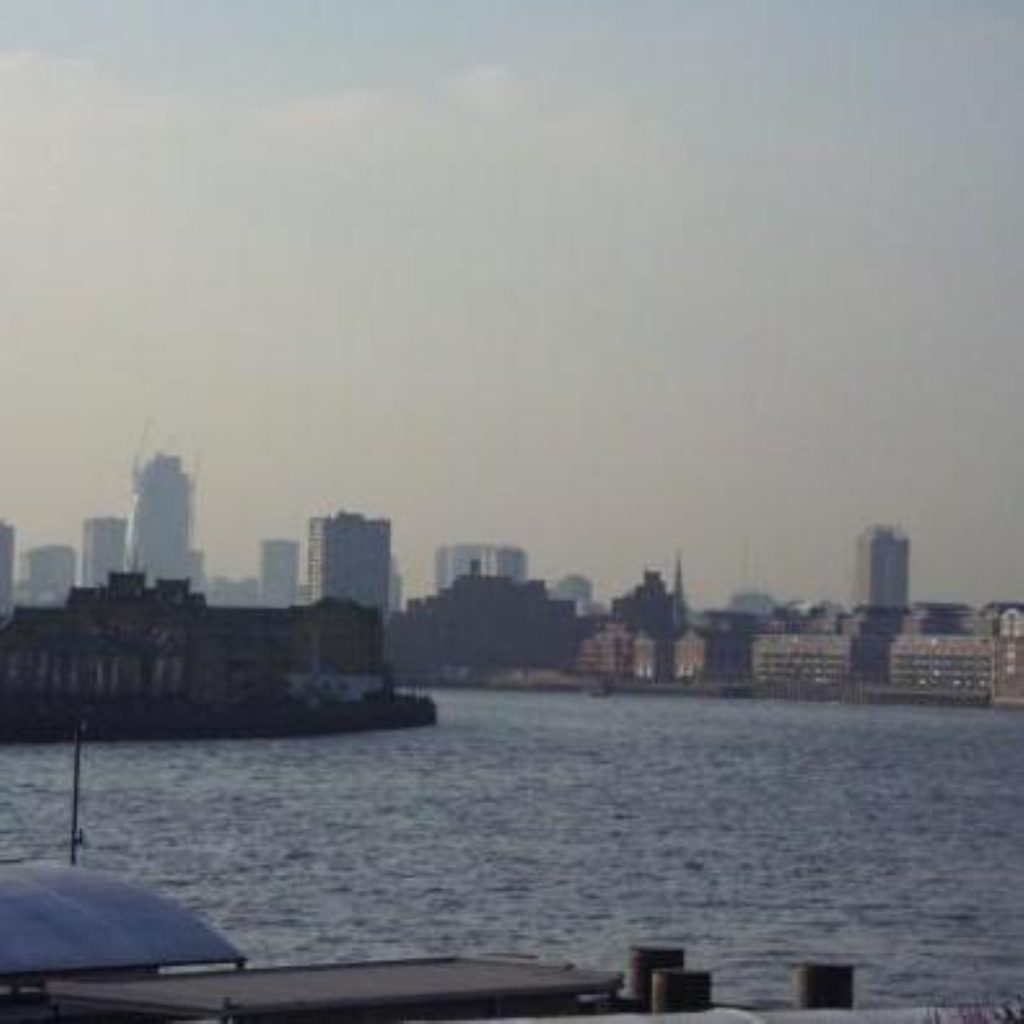Inquiry opens into Thames desalination plant
A public inquiry into plans for Britain’s first desalination plant began today, after the mayor of London blocked the scheme on environmental grounds.
Thames Water has proposed a £200 million plant at Beckton, in east London, to tackle the water shortage that saw a hosepipe ban introduced in the region last month – the first for 15 years.
The plant would draw water from the tidal stretch of the river, treat it to remove the salt and impurities, disinfect it and then send it on its way to customers.
However, Ken Livingstone has blocked the plans, saying the process would use too much energy and insisting the problem of water shortages was mainly caused by leaking pipes.


Thames Water’s pipes lost 915 million litres of water every day last year – the equivalent of 10,590 litres every second – and Mr Livingstone insists fixing this problem must be the company’s main priority.
In his submission to the inquiry, the mayor said: “We cannot fight climate change by building a desalination plant, which will worsen the problem by pumping 25,000 tonnes of carbon dioxide into the atmosphere every year.
“The proposals for a desalination plant are akin to pouring water into a sieve. I want to send out a clear message that as mayor of London, I will not back new developments which contribute further to the problem of climate change.”
Thames Water accepts that leakage is a big problem, but insists it is spending £500,000 every day to help plug the gaps in the Victorian mains, and by 2010 expects to have replaced nearly 1,000 miles worth of pipes.
“Reducing leakage is the most significant part of our strategy to close the gap between supply and demand – and the case for building the desalination plant takes into account the predicted savings from our work to reduce leakage,” a spokesman said.
“But reducing leakage can’t close the gap between supply and demand quickly enough. There is a limit to the amount of work we can do, particularly because pipe replacement works inevitably lead to disruption for local residents, businesses and road users.”
Thames Water announced on Friday that it would not introduce a drought order, despite concerns expressed by the Environment Agency. Two weeks’ ago, Sutton and East Surrey water introduced the first drought order in England and Wales for 11 years.









